If you're a chili pepper enthusiast—or someone looking to add bold, fiery flavors to your dishes—you're in the right place. This guide focuses exclusively on recipes using chili peppers as a key ingredient, from mild to extremely hot varieties. Whether you're a beginner or a seasoned cook, these recipes will help you master heat control and elevate your cooking with global flavors.
Table of Contents
- Why Chili Peppers Are a Culinary Powerhouse
- Top 5 Chili Pepper Recipes You Need to Try
- Buying Guide: Choosing the Right Chili Peppers for Your Dish
- Pro Tips for Cooking with Chili Peppers
- Frequently Asked Questions About Chili Pepper Recipes
- Conclusion: Master the Heat, Elevate Your Cooking
Why Chili Peppers Are a Culinary Powerhouse
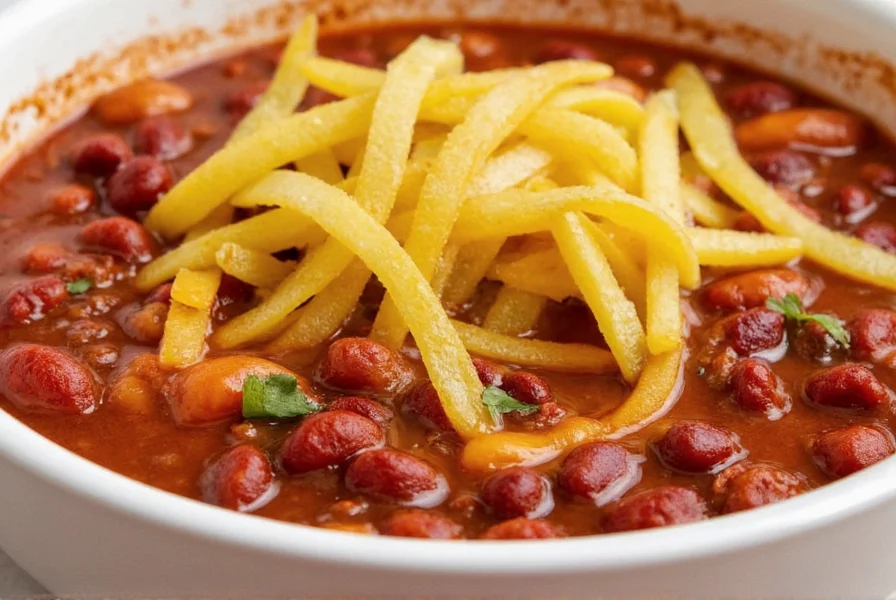
Chili peppers aren't just about heat—they're a flavor universe. From smoky chipotles to fruity habaneros, each variety brings unique characteristics to dishes worldwide. Understanding these differences transforms ordinary meals into extraordinary culinary experiences.
Unlike chili con carne (a specific stew), this guide focuses on recipes where chili peppers are the star ingredient, not the dish name. This distinction is critical: chili peppers enhance global cuisines from Thai curries to Mexican moles, while "chili recipes" typically refers to the American-style stew.
Top 5 Chili Pepper Recipes You Need to Try
Discover how to harness the full potential of chili peppers with these globally inspired dishes:
1. Thai Basil Pork Stir-Fry with Bird's Eye Chili
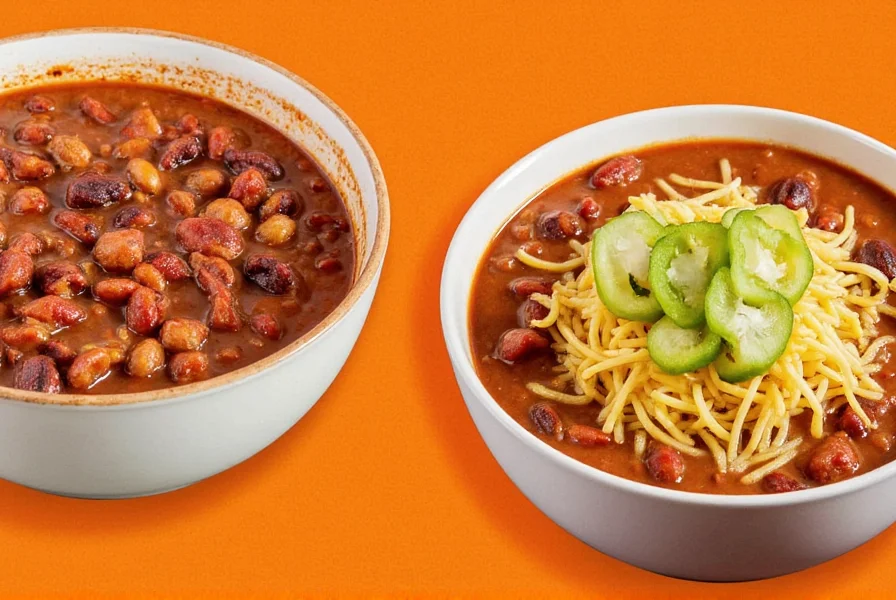
This quick, aromatic dish features minced pork cooked with holy basil and fiery bird's eye chilies. Perfect for busy weeknights, it delivers authentic Thai flavors in under 20 minutes.
2. Smoky Chipotle Corn Chowder

Creamy, sweet, and smoky—this chowder uses roasted poblano and chipotle peppers to create complex layers of flavor. Ideal as a starter or main course, especially in cooler months.
3. Korean Gochujang Chicken Wings
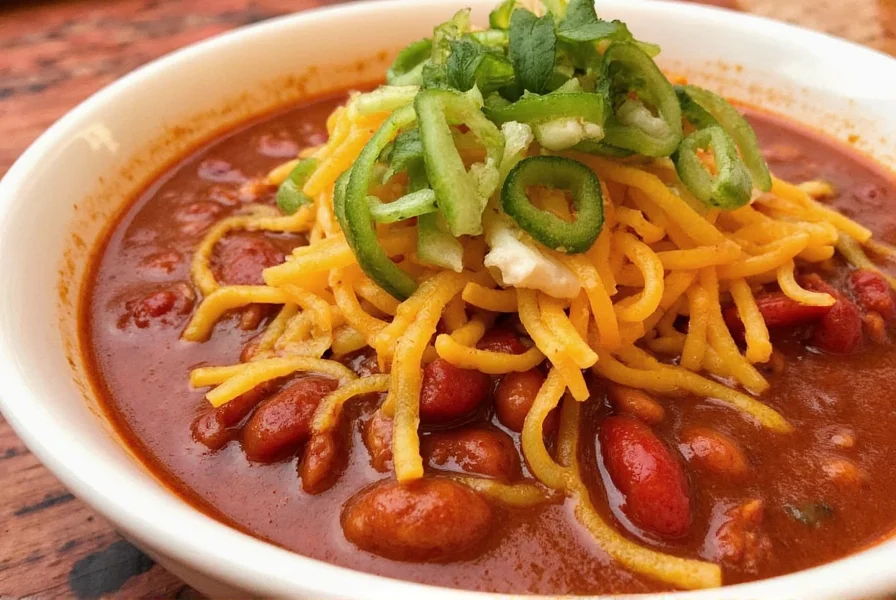
These sticky, spicy wings use gochujang (Korean chili paste) as the base for a sauce that's both sweet and fiery. Perfect for game nights or backyard barbecues!
4. Mexican Mole Sauce with Chocolate and Dried Chilies
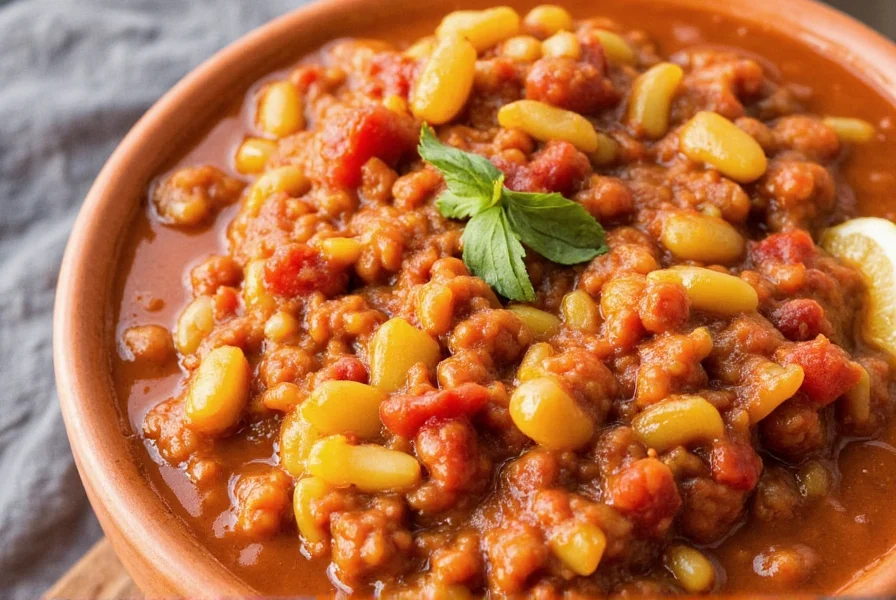
Mole is a Mexican classic where chocolate and dried chilies like mulato and pasilla create deep, complex flavors. Serve over chicken or enchiladas for an authentic taste experience.
5. Jalapeño Popper Stuffed Chicken Breast
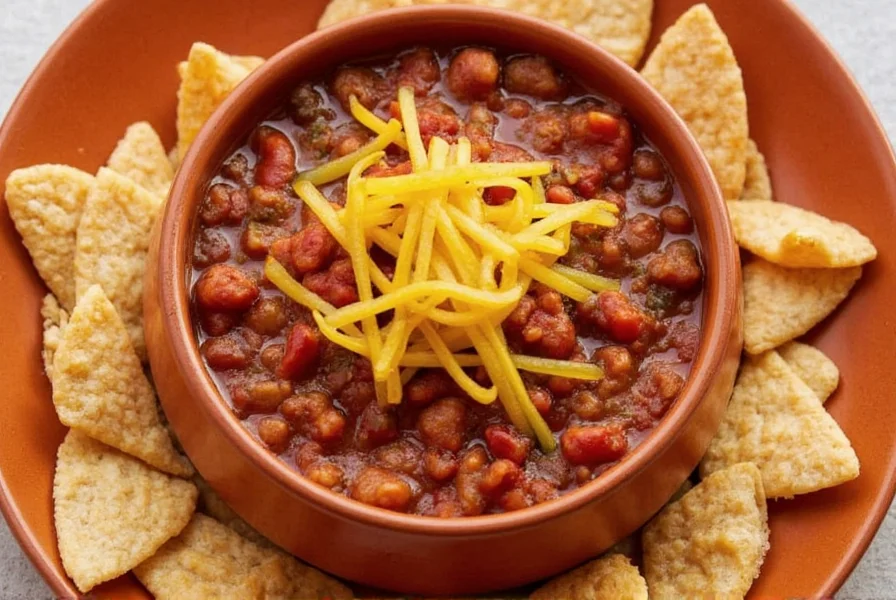
This elegant dish combines creamy jalapeño popper filling with tender chicken breast. Mild heat with rich flavors makes it perfect for dinner parties.
Buying Guide: Choosing the Right Chili Peppers for Your Dish
Not all chili peppers are created equal—and knowing which ones to pick can make or break your recipe. Here's a handy guide to help you navigate the colorful world of chili peppers.
| Chili Type | Heat Level (Scoville) | Flavor Profile | Best For |
|---|---|---|---|
| Jalapeño | 2,500–8,000 SHU | Grassy, slightly sweet | Salsas, nachos, stuffed peppers |
| Hatch Green Chile | Varies (mild to medium) | Earthy, smoky | Chili rellenos, green sauces |
| Bird's Eye Chili | 50,000–100,000 SHU | Fiery, bright, citrusy | Thai curries, stir-fries |
| Chipotle | 2,500–8,000 SHU | Smoky, earthy | Stews, salsas, marinades |
| Gochujang Paste | Moderate (varies) | Sweet, fermented, spicy | Korean dishes, marinades |
Where to Buy:
- Fresh Chili Peppers: Available at most supermarkets and farmers' markets. Look for firm, glossy peppers without wrinkles or soft spots.
- Dried Chili Peppers: Specialty spice shops, Latin American or Asian grocery stores often carry a wide variety.
- Chili Pastes: Found in the international aisle of most major grocers or online retailers like Amazon.
Pro Tips for Cooking with Chili Peppers
Want to avoid burning out your taste buds—or your guests'? These pro tips will help you handle the heat like a champ.
1. Wear Gloves When Handling Chili Peppers

Chili oils can linger on your skin and cause serious irritation. Always wear gloves when slicing, seeding, or grinding fresh or dried chili peppers.
2. Know How to Cool Down the Heat
If a dish becomes too spicy, here's how to save it:
- Add dairy (cream, yogurt, cheese)
- Balance with acid (lime juice, vinegar)
- Introduce sweetness (sugar, honey)
- Dilute with more neutral ingredients (rice, broth, potatoes)
3. Toast Dried Chili Peppers for More Flavor
Lightly toast dried chili peppers in a dry skillet before using them to unlock deeper, nuttier notes. Just be careful not to burn them!
4. Freeze Fresh Chili Peppers for Later
You don't have to use all your fresh chili peppers at once. Simply freeze whole peppers in a sealed bag and blend or chop them later straight from the freezer.
5. Label Your Chili Pepper Dishes
When serving to guests, always label dishes by heat level. Use emojis like 🔥 or 🔥🔥🔥 to indicate spice intensity so everyone knows what they're getting into.
Frequently Asked Questions About Chili Pepper Recipes
How can I reduce the spiciness of a chili pepper dish that's too hot?
If your dish has become too spicy, there are several effective ways to tame the heat. Adding dairy products like sour cream, yogurt, or cheese can help neutralize capsaicin (the compound that makes chilies hot). You can also balance the heat with sweetness (honey, sugar, or even fruit), acidity (lime juice or vinegar), or by diluting with more neutral ingredients like cooked beans, rice, or additional broth. Remember to add these ingredients gradually while tasting to achieve your desired heat level.
What's the difference between fresh and dried chili peppers?
Fresh chili peppers offer bright, vegetal flavors with varying heat levels depending on the variety. They're great for salsas, fresh sauces, and dishes where you want a crisp, vibrant pepper flavor. Dried chili peppers, on the other hand, develop more complex, concentrated flavors with earthy, smoky, or fruity notes. They're perfect for making rich sauces, moles, and stews. When substituting one for the other, remember that dried chili peppers are more concentrated—typically 3-4 fresh chili peppers equal one dried chili. Always toast dried chili peppers lightly before using to enhance their flavor.
How do I safely handle extremely hot chili peppers like habaneros or ghost peppers?
When handling super-hot chili peppers, always wear disposable gloves to prevent capsaicin from transferring to your skin. Work in a well-ventilated area as the fumes can irritate your eyes and respiratory system. Never touch your face while handling hot peppers. If you get pepper residue on your skin, wash with soapy water (not just plain water, as capsaicin is oil-based). For particularly hot varieties, consider using kitchen tools rather than your hands to minimize contact. If capsaicin gets in your eyes, rinse with milk or a specialized eye wash, not water.
Can I substitute one type of chili pepper for another in recipes?
Yes, but with some considerations. When substituting chili peppers, try to match both heat level and flavor profile. For example, ancho chili peppers (dried poblanos) have a mild, raisin-like flavor, so substituting with another mild dried chili like guajillo would work better than using a super-hot ghost pepper. Jalapeños can often be replaced with serranos for more heat or poblano peppers for less. Remember that fresh and dried chili peppers have different flavor profiles, so direct substitutions might alter your dish's character. When in doubt, start with less chili than the recipe calls for—you can always add more heat later.
How long do homemade chili pepper sauces and pastes last?
Most homemade chili pepper sauces and pastes will keep for 1-2 weeks in the refrigerator when stored in airtight containers. For longer storage, freeze them in ice cube trays, then transfer the frozen cubes to freezer bags—they'll keep for up to 6 months. Vinegar-based hot sauces (like many tabasco-style sauces) can last 6 months or more refrigerated due to the preserving effect of the acid. Always use clean utensils when handling stored sauces to prevent contamination, and watch for any signs of spoilage like mold, off smells, or changes in texture.
What are the health benefits of eating chili peppers?
Chili peppers offer several health benefits thanks to capsaicin, the compound that gives them heat. They can boost metabolism and may aid in weight management, reduce inflammation, and provide pain relief (which is why capsaicin is used in some topical pain creams). Chili peppers are also rich in vitamins A and C, potassium, and antioxidants. The heat can stimulate digestion and may help clear sinuses. However, those with certain digestive conditions should consume spicy foods in moderation. As with any food, balance is key—enjoy chili peppers as part of a varied, healthy diet.
Conclusion: Master the Heat, Elevate Your Cooking
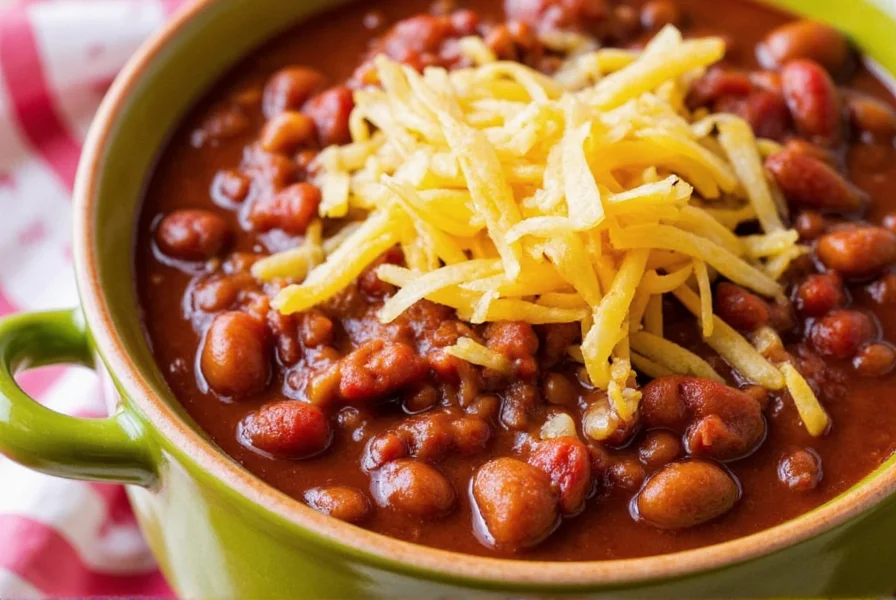
Cooking with chili peppers is about more than just adding heat—it's about exploring global cuisines and unlocking new flavor dimensions. With the right techniques and knowledge, you can turn even the humblest pepper into a culinary masterpiece.
So grab those chili peppers, fire up the stove, and get ready to explore the wild, wonderful world of chili pepper recipes. And remember: the best kind of burn comes from good food and even better company.

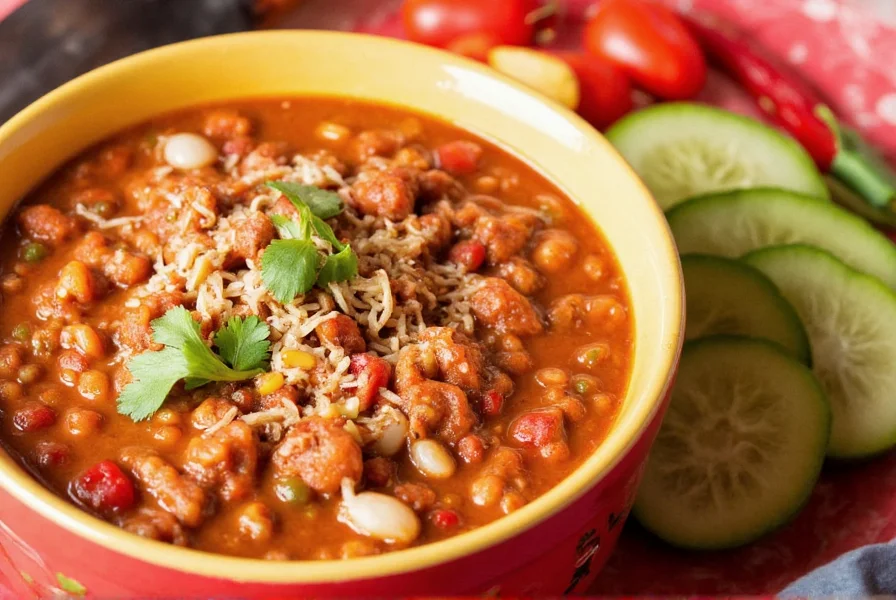









 浙公网安备
33010002000092号
浙公网安备
33010002000092号 浙B2-20120091-4
浙B2-20120091-4